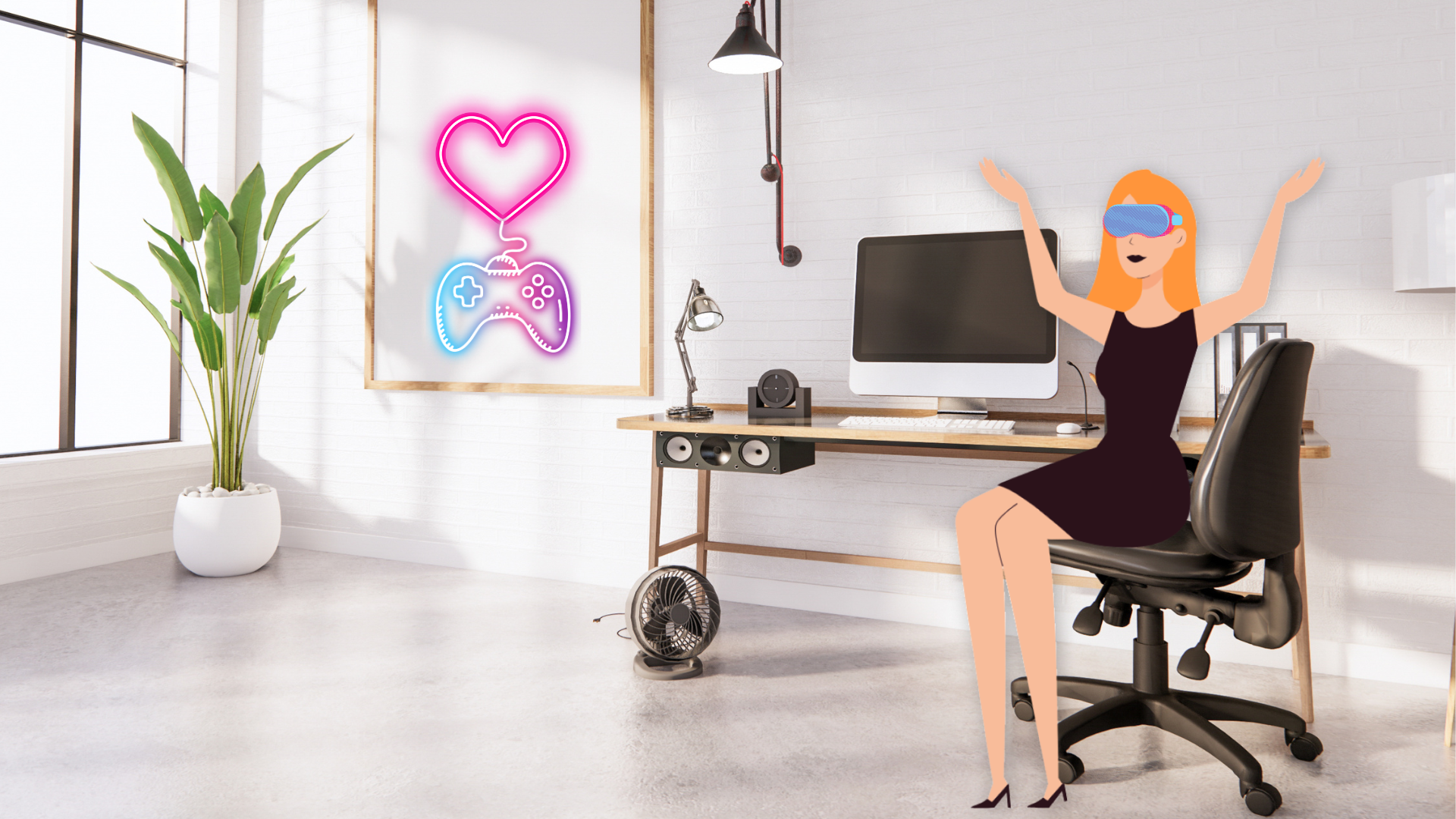Unlocking Wellbeing in the Workplace Through Play
In an era where workplace wellbeing interventions are on the rise, the effectiveness of such programs is under scrutiny.

In an era where workplace wellbeing interventions are on the rise, the effectiveness of such programs is under scrutiny. According to The Guardian, companies globally spent a staggering $61.2 billion on wellness interventions in 2021, with projections soaring to $94.6 billion by 2026.
The paradox lies in the fact that many of these interventions, while well-intentioned, often fall short of significantly impacting employee wellbeing. The challenge persists – how can we cultivate a culture of wellbeing without imposing additional time and financial burdens on both employers and employees?
Amid this quandary, an unexpected ally emerges – the world of gaming. With a staggering 3.1 billion gamers worldwide, games have evolved from mere pastimes to powerful tools for personal and workplace wellbeing. Jack Soslow from the venture capital firm a16z Games aptly notes, "The future of autonomous social networks are games."
This sentiment underscores a fundamental shift in how we approach mental health and wellbeing, not only personally but also within the workplace, Paincation's whole foundations are built on this exact premise.
One of the inherent advantages of leveraging games for wellbeing is their accessibility. Unlike traditional workplace interventions that often demand substantial time and financial investments, incorporating gaming elements into the work environment can be seamless. Gaming doesn't require a designated space or specific hours; it adapts to the user's schedule, making it an inclusive and flexible solution.
The concept of gamification, introducing game-like elements into non-game contexts, has gained traction in workplace settings. From wellness challenges to incorporating gaming principles in goal setting and recognition, employers are recognizing the potential of integrating play into the daily fabric of work life. This shift aligns with the idea that the future of work, including social interactions, might be best facilitated through game-inspired platforms.
Jack Soslow's assertion about autonomous social networks being games highlights the intrinsic connection between social engagement and games. In the workplace, fostering a sense of community and connection is paramount for employee wellbeing. Games provide a natural platform for collaboration, communication, and camaraderie, elements that contribute significantly to a positive and supportive work environment.
Beyond the workplace, the sheer magnitude of the gaming community – 3.1 billion strong – emphasizes the universal appeal and impact of games on mental wellbeing. If such a vast population finds joy, fulfillment, and even social connection through gaming, there's a valuable lesson to be learned.
Products and interventions designed to enhance mental wellbeing should draw inspiration from the principles that make games so captivating.
The immersive and interactive nature of games makes them uniquely suited to address the multifaceted aspects of wellbeing. They engage the mind, stimulate creativity, and provide a break from the monotony of routine. Incorporating elements of play into the work environment doesn't just offer momentary relief; it contributes to sustained mental resilience.
Moreover, the gamification of wellness initiatives introduces an element of personalisation. In fact what is needed is hyper personalisation, we do it with advertising, so why not get hyper granular with our health?
Individuals can choose activities that align with their interests and preferences, making the pursuit of wellbeing a more personalised and enjoyable journey. Whether it's achieving milestones in a wellness challenge or unlocking rewards for consistent healthy habits, the principles of gaming encourage individuals to actively participate in their wellbeing journey.
As we navigate the evolving landscape of work and wellness, it's evident that the answer to improving workplace wellbeing lies in embracing the principles that make games so impactful. The $61.2 billion spent on wellness interventions in 2021 signifies a collective investment in the health and happiness of the workforce.
To ensure a meaningful return on this investment, it's imperative to explore innovative and effective avenues, and gaming stands out as a promising frontier.
In conclusion, the future of workplace wellbeing doesn't have to be marred by the inefficacy of traditional interventions. By recognising the power of games to inspire joy, connection, and personal growth, we can reimagine a workplace culture where wellbeing is not a burden but an integral part of the daily experience.
As the gaming community continues to thrive, let's harness the lessons it offers to create workplaces that prioritise the mental health and happiness of every individual.
Rest assured, Paincation will be at the forefront of these advancements.



